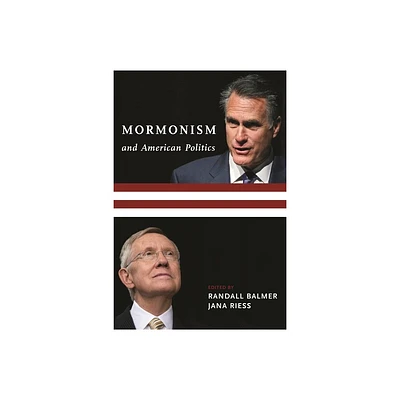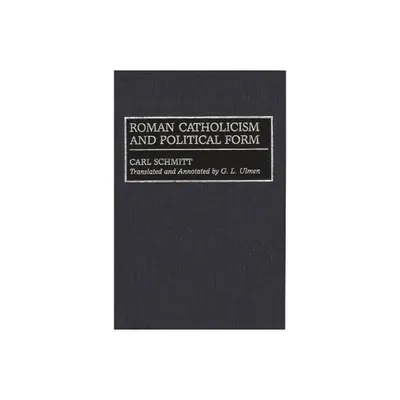Home
Geopolitics of Global Catholicism: Politics Religion Space and Time
Loading Inventory...
Barnes and Noble
Geopolitics of Global Catholicism: Politics Religion Space and Time
Current price: $180.00


Barnes and Noble
Geopolitics of Global Catholicism: Politics Religion Space and Time
Current price: $180.00
Loading Inventory...
Size: Hardcover
*Product Information may vary - to confirm product availability, pricing, and additional information please contact Barnes and Noble
Geopolitics of Global Catholicism
uncovers the key trends in today’s Catholicism, providing an incisive analysis of its deep entanglement with national, regional, as well as global politics.
This book offers an exciting exploration of five versions of local Catholicism(s) and sheds light on the various theo-political constellations that not only differ widely across these national contexts but also have global geopolitical consequences. It is built around a novel theoretical argument showing that Catholic geopolitics contains not only a spatial dimension (as classic geopolitical studies would have it) but also a temporal one. As a consequence, the Catholic role in the world cannot be simply understood as a result of the spatial expansion of the Church but rather as a result of the complex relationships between Catholicism and colonization, inculturation, backwardness, and modernization(s). To counter the lingering Eurocentrism of most studies of the Catholic Church, this book’s case studies explore Catholic geopolitics in five non-European contexts, focusing mainly on the Global South (plus the United States): Latin America (Brazil), North America (the United States), Asia (India and China), and Africa (the Democratic Republic of the Congo). These case studies also show that the successes and failures of Catholicism cannot be explained by a recourse to a single, top-down interpretation of Catholic geopolitics, but rather by exploring the various Catholic spatio-temporal constellations on the global, regional, and local levels. With the accelerating diversification of the Church and the growing role of the Global South, these local and regional influences gain further importance as they are likely to increasingly define the future of Catholicism.
This book will be of utmost interest to scholars of International Relations, Religious Studies, Political Science, and Theology, as well as Geopolitics, especially to those studying the global rise of religion. Its accessible language will also appeal to the wider public beyond academia, especially those interested in global Christianity, as well as church leaders, and members of Catholic organizations.
uncovers the key trends in today’s Catholicism, providing an incisive analysis of its deep entanglement with national, regional, as well as global politics.
This book offers an exciting exploration of five versions of local Catholicism(s) and sheds light on the various theo-political constellations that not only differ widely across these national contexts but also have global geopolitical consequences. It is built around a novel theoretical argument showing that Catholic geopolitics contains not only a spatial dimension (as classic geopolitical studies would have it) but also a temporal one. As a consequence, the Catholic role in the world cannot be simply understood as a result of the spatial expansion of the Church but rather as a result of the complex relationships between Catholicism and colonization, inculturation, backwardness, and modernization(s). To counter the lingering Eurocentrism of most studies of the Catholic Church, this book’s case studies explore Catholic geopolitics in five non-European contexts, focusing mainly on the Global South (plus the United States): Latin America (Brazil), North America (the United States), Asia (India and China), and Africa (the Democratic Republic of the Congo). These case studies also show that the successes and failures of Catholicism cannot be explained by a recourse to a single, top-down interpretation of Catholic geopolitics, but rather by exploring the various Catholic spatio-temporal constellations on the global, regional, and local levels. With the accelerating diversification of the Church and the growing role of the Global South, these local and regional influences gain further importance as they are likely to increasingly define the future of Catholicism.
This book will be of utmost interest to scholars of International Relations, Religious Studies, Political Science, and Theology, as well as Geopolitics, especially to those studying the global rise of religion. Its accessible language will also appeal to the wider public beyond academia, especially those interested in global Christianity, as well as church leaders, and members of Catholic organizations.


















